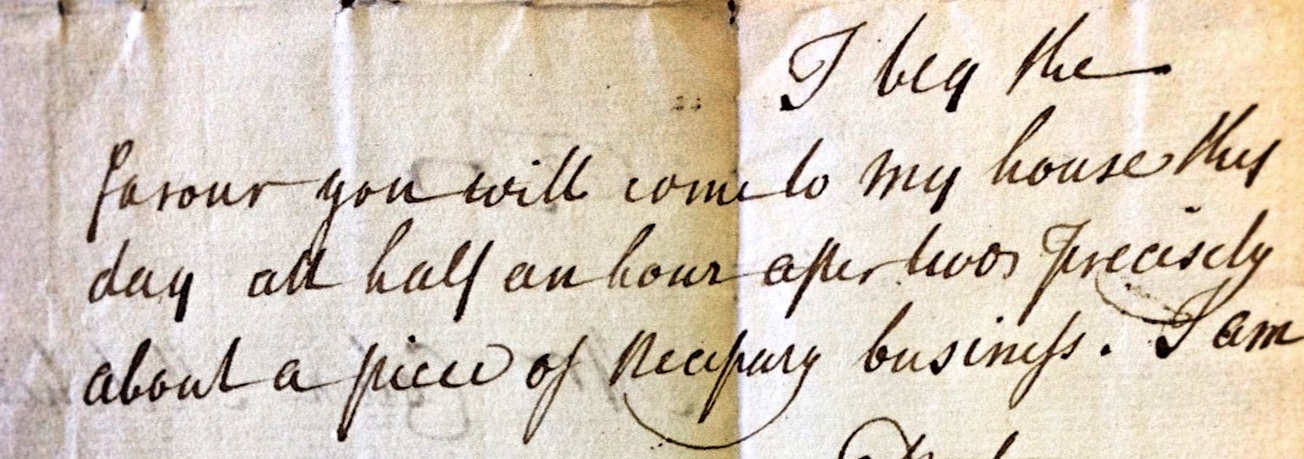In the days and months after the bloody defeat of the Jacobite army at Culloden, the British government scrambled to obtain evidence of anyone and everyone who might have taken part in the rising. In addition to calling upon the extensive network of Presbyterian clergy spread across Scotland to be their eyes and ears, British officials instructed both local administrators and individual landholders alike to create rosters of those known to have refrained from treasonous behavior. A cagey measure that was no easy task for either regional authorities or private factors to accomplish, this method of information gathering would nonetheless yield a significant number of names for government prosecutors, in turn giving them a robust pool of leads into which to launch their investigations. Indeed, anyone not recorded in these lists of certified abstainers was essentially fair game.1
In addition to soliciting lists of those who were thought to be ‘safe’, customs officers at both major and minor Scottish ports were required to tally registers of travelers known to have Jacobite inclinations, as well as those who were believed to have actually carried arms in the rising.2 Despite their appearance in writing, of course, not all of the included names were of men and women who were actually involved. A great many were jotted down by authorities and subsequently hauled in on suspicion alone, but most of these were soon set free due to lack of evidence or other exculpatory testimonies. Others were included due to faulty evidence from witnesses who simply got it wrong, and some were falsely implicated by those with distinct agendas. After all, what better time to strike at a personal enemy than during the chaos and confusion of civil war?3






